In Colombia, a palm oil boom with roots in conflict
- Washington Post
- 30 December 2014
A mounting body of evidence has shown that the industry has benefited from the violence surrounding the country’s longstanding civil war.

A mounting body of evidence has shown that the industry has benefited from the violence surrounding the country’s longstanding civil war.
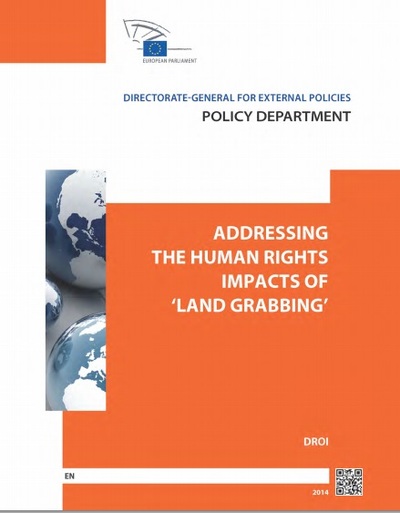
This Study from the European Parliament discusses the human rights issues raised by large-scale land deals for plantation agriculture (‘land grabbing’) in low and middle-income countries.
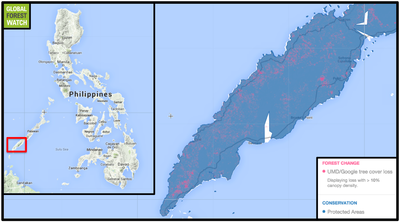
Plans to convert eight million hectares of land for palm oil production on Palawan island in the Philippines have been met with opposition from environmental and social advocacy groups, with a petition to cease development sent to the United Nations Commission on Human Rights by an anti-palm oil expansion group.
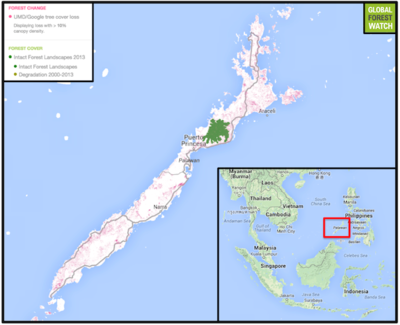
The Philippine Department of Environment and Natural Resources Secretary announce intention to convert eight million hectares of land to oil palm cultivation across the Philippines, including the island of Palawan. The announcement has proved controversial.

ADECRU denounces the concession of large tracts of land to Portucel, Lúrio Green and other companies without the least consultation with affected communities.

Agribusiness executive David Goodfellow is heading up a project for Zhejiang RIFA Holding Group to build an Australian livestock property portfolio of similar scale to Macquarie Bank's big Paraway Pastoral business.
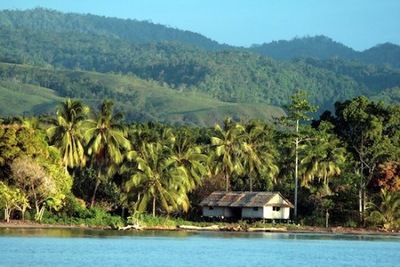
Communities in the Collingwood Bay area of Oro Province, Papua New Guinea are fighting plans for mining on their customary land after winning a court victory against illegal leases for logging and oil palm held by Malaysia's KLK.
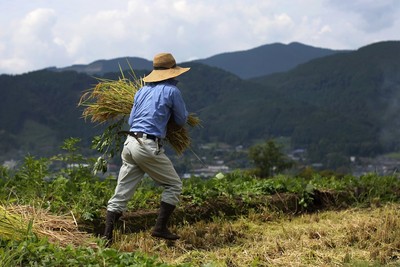
“There are foreign investors that would like to own their own land and bring products out under their own brand, if only investment companies were permitted,” says CEO of Mitsui.
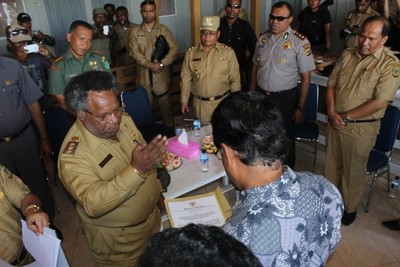
A Noble Agri subsidiary oil palm plantation in Papua, PT Pusaka Agro Lestari's permit has been revoked by local government following several complaints by local civil and religious leaders about negative effects of PT PAL’s plantation on Kamoro people in Mimika Regency.

The conference promoted an open exchange of experiences and evidence-based knowledge on the implications of agricultural investments for rural livelihoods, gender relations and social differentiation.

What if you threw a lavish party for foreign investors, and no one came? By all accounts, that is what’s happening in Mozambique’s Nacala Corridor.
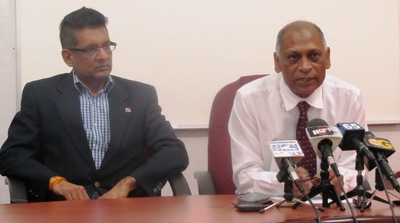
A group of potential investors from Trinidad and Tobago were in Guyana last week to scout local lands suitable for large-scale farming initiatives, as part of an MOU between the two countries signed last year.